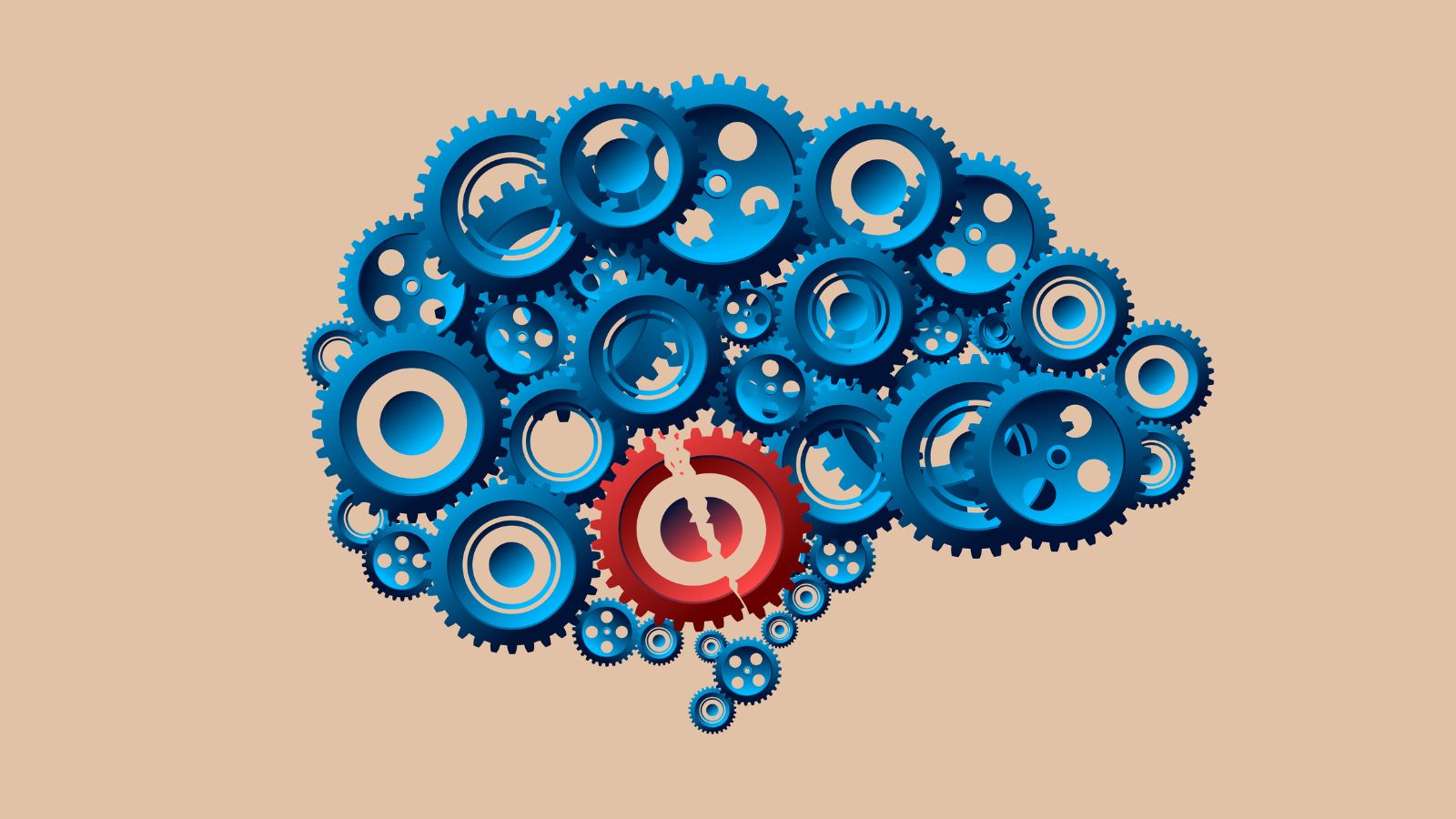Daily choices shape more than our routines—they significantly impact how long and well we live. Beyond genetics, lifestyle decisions like diet, exercise, sleep, and even social habits play surprising roles in determining longevity. From unexpected health benefits to overlooked risks, these influences can add or subtract years from your life. In this article, we uncover 20 surprising ways your lifestyle choices affect your lifespan, offering insights to inspire healthier, more mindful living.
Diet Quality

A well-balanced diet rich in fruits, vegetables, whole grains, and protein-packed foods can enhance longevity by reducing the risk of major diseases such as cancer, diabetes, and heart disease. Conversely, diets high in processed foods and sugary treats may have the opposite effect, shortening lifespan.
Caloric Intake

Since everyone has different needs, calorie intake varies from person to person. Nonetheless, numerous studies have proven a longer lifetime to eating fewer calories while maintaining nutrient density. Calorie restriction is an idea that may lower the risk of age-related illnesses.
Physical Activity

One of the best strategies to have a long life is regular exercise. Cardiovascular exercises are advised because they lower the risk of chronic diseases, maintain muscle mass, and improve cardiovascular health. Walking, for example, is a modest activity that can extend your life by years.
Sleep Patterns

Every human body needs sleep; it’s very important for the body’s working processes. Lack of sleep or rest raises the risk of diseases like depression, heart disease, and obesity, all of which have a detrimental effect on longevity. Therefore, it’s essential to have 6-7 hours of sleep at the proper time at night.
Stress Management

Even though everyone has stressful times in their lives, everyday stress speeds up aging and raises the risk of conditions like hypertension and stroke, so it still needs to be controlled. Stress-reduction techniques, including yoga, meditation, and deep breathing, can greatly increase life expectancy.
Social Connections

It has been demonstrated that having close relationships with family and friends increases longevity. The strong bond and connection, love, affection, and a sense of belonging are to blame. On the other hand, loneliness and isolation are linked to increased death rates.
Smoking Habits

Smoking may be one of the worst addictions and one of the main preventable causes of death. Because quitting smoking lowers the risk of heart disease, lung cancer, and other diseases, it can significantly increase longevity at any age.
Alcohol Consumption

Alcohol is another relatively common addiction. Moderate alcohol consumption, particularly red wine, has been associated with increased longevity due to its antioxidants. However, while it may be beneficial in certain cases, in general, excessive alcohol intake can lead to liver disease, cancer, and a shortened lifespan.
Mental Health

Since a healthy mind typically translates into a healthy body and vice versa, longevity and positive mental health are strongly related. If not taken care of, conditions like persistent depression or anxiety can result in a decline in physical health and a shortened lifespan.
Hydration

Many overlook the need to be hydrated, which is crucial for proper body function. Chronic dehydration can lower life expectancy by causing kidney problems, dementia, and other health problems. Staying adequately hydrated also supports heart health and aids in maintaining energy levels. Everyone should drink 8 glasses of water.
Cognitive Engagement

By keeping the brain engaged by reading, solving puzzles, picking up new skills, or participating in mentally stimulating activities, cognitive engagement lowers the risk of dementia and memory loss, enhances mental sharpness, and promotes a longer, healthier life.
Purpose in Life

In places known for their longevity, such as Okinawa in Japan, people tend to have a sense of purpose or a reason to wake up daily. This goal may originate in religion, community involvement, or personal passion, but it can undoubtedly lower stress, enhance resilience, and improve general well-being.
Environmental Exposure

It matters where you live. Generally speaking, exposure to clean air, open spaces, and low noise pollution is linked to greater mental and physical health, which improves longevity, except in areas that are in conflict and have poor life expectancy.
Gut Health

A balanced diet high in fiber, probiotics, and prebiotics supports a healthy gut flora, which affects inflammation, immunity, and digestion. Poor gut health can disrupt these processes, leading to long-term illnesses and a shorter lifespan.
Regular Health Screenings

Regular examinations, screenings, and other preventative medical care help identify possible health problems early, improving the likelihood of successful treatment and prolonging life expectancy.
Posture and Movement

Maintaining proper posture and integrating purposeful movements into daily living facilitate a higher quality of life and longer lifespan by reducing the risk of musculoskeletal problems, injuries, and chronic pain. Additionally, good posture improves circulation and energy levels, contributing to overall physical well-being.
Sunlight Exposure

Vitamin D, which is necessary for immune system function, bone health, and mood regulation, is produced by the body with adequate sun exposure. However, excessive exposure without protection raises the danger of skin cancer. Therefore, it shouldn’t be too much.
Financial Health

While financial prosperity encourages improved access to healthcare, wholesome eating, and stress relief—all of which contribute to longevity—financial stress can harm mental and physical health. Therefore, we should spend money carefully and avoid spending on useless things to avoid letting losses or failures impact us in the long run.
Gratitude and Optimism

Having a mindset based on gratefulness and optimism is crucial because these traits are linked to reduced stress and improved cardiovascular health. According to studies, those who are optimistic typically live longer.
Avoiding Sedentary Behavior

Sitting for extended periods has been dubbed the “new smoking” due to its detrimental health impacts. Regular mobility throughout the day, even if it’s only standing up or taking brief walks, helps prevent this and mitigate the negative effects of a sedentary lifestyle.
Conclusion

Our daily choices profoundly influence our health and longevity. From staying hydrated to engaging the mind and maintaining physical well-being, small, mindful adjustments can add years to life and improve its quality. By understanding these surprising connections, we can embrace healthier habits, empowering ourselves to live longer, more fulfilling lives.
25 Countries Predicted to Become Economic Superpowers in the Next 20 Years

The strength of an economy plays a crucial role in various international policies about trade and relations. Certain factors determine the strength of an economy, including population growth, availability of resources, and development and advancement. Here are 25 countries predicted to become economic superpowers in the next 20 years
25 Countries Predicted to Become Economic Superpowers in the Next 20 Years
